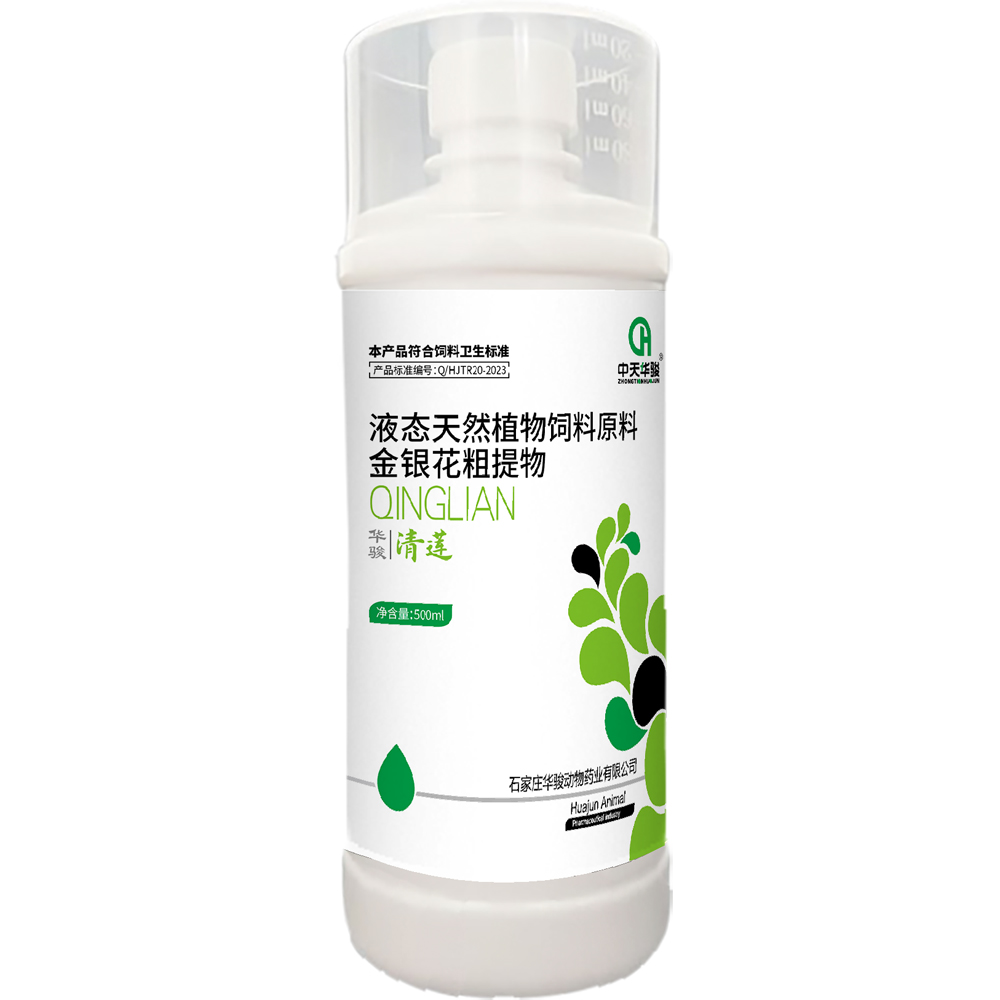
Қаз . 13, 2024 08:13 Back to list
custom coccidia eggs
Understanding Custom Coccidia Eggs A Deep Dive into Eimeria and Their Impact on Animal Health
Coccidia, a group of microscopic protozoan parasites belonging to the genus Eimeria, are commonly found in the intestines of various animals, particularly in livestock and poultry. Coccidiosis, the disease caused by these parasites, poses a significant threat to animal health and can lead to considerable economic losses in the agricultural sector. As such, understanding custom coccidia eggs and their implications is essential for effective disease management and prevention.
Coccidia are primarily transmitted through the ingestion of oocysts, which are the environmentally resistant eggs of the parasites. These oocysts can survive in harsh conditions, which makes controlling their spread challenging. The life cycle of Eimeria includes both asexual and sexual reproduction stages, ultimately leading to the shedding of oocysts in the feces of infected animals. Consequently, the presence of oocysts in feed or water sources can rapidly lead to outbreaks of coccidiosis.
The impact of coccidiosis can be severe, particularly in young animals. Symptoms of coccidiosis vary, but often include diarrhea, weight loss, and dehydration. In severe cases, particularly in poultry, it can lead to mortality. As poultry and livestock farmers strive for higher efficiency and productivity, managing coccidial outbreaks becomes crucial. Preventative measures, including the use of custom coccidia vaccines and pharmaceuticals, have been developed to combat these infections, helping to reduce the incidence and severity of disease.
custom coccidia eggs

Custom coccidia vaccines have emerged as a prominent tool in the prevention of coccidiosis. By utilizing specific strains of Eimeria, these vaccines stimulate the animal's immune system to develop a response, thereby providing protection against future infections. The customization aspect allows farmers to target specific Eimeria species that are prevalent in their livestock or poultry, ensuring a more effective immune response. Additionally, the timing of vaccination plays a critical role in maximizing its effectiveness, generally being administered before animals are exposed to the parasite.
In addition to vaccination, managing environmental factors is vital for controlling coccidia. Regular cleaning and disinfection of animal housing, along with mindful feeding practices, can greatly minimize the risk of contamination. Furthermore, rotational grazing practices can help prevent the build-up of oocysts in pastures, reducing the likelihood of outbreaks.
Research continues to shed light on the complexities of coccidia and their interactions with host animals. Recent studies have explored novel treatments and genetic resistance among certain breeds of livestock, offering hope for more sustainable management practices. The advancement of technologies, such as genomic editing, also holds potential for future coccidia control methods.
In conclusion, understanding custom coccidia eggs and their role in animal health is crucial for effective coccidiosis management. By leveraging vaccines, improving sanitation, and staying informed on the latest research, farmers and veterinarians can mitigate the impacts of coccidiosis, ensuring the health and productivity of their livestock and poultry. As the agricultural landscape evolves, continued focus on coccidia control will be essential for the sustainability and profitability of farming operations worldwide.
-
Top Hemoglobinuria Manufacturer & Supplier Reliable Hemoglobinuria Factory Solutions
NewsJun.24,2025
-
Premium Honeysuckle Products - Leading Honeysuckle Manufacturer & Supplier Factory
NewsJun.10,2025
-
Pulmonary Edema Solutions from Leading Manufacturer & Supplier Reliable Factory Price
NewsJun.10,2025
-
Red Eyes - Leading Red Eyes Manufacturer & Supplier, Premium Quality Factory Price
NewsJun.10,2025
-
Broiler Ascites Syndrome Solutions Top Manufacturers
NewsJun.10,2025
-
Premium Amoxicillin Suppliers Reliable Biomox Mexican Factories
NewsJun.10,2025




